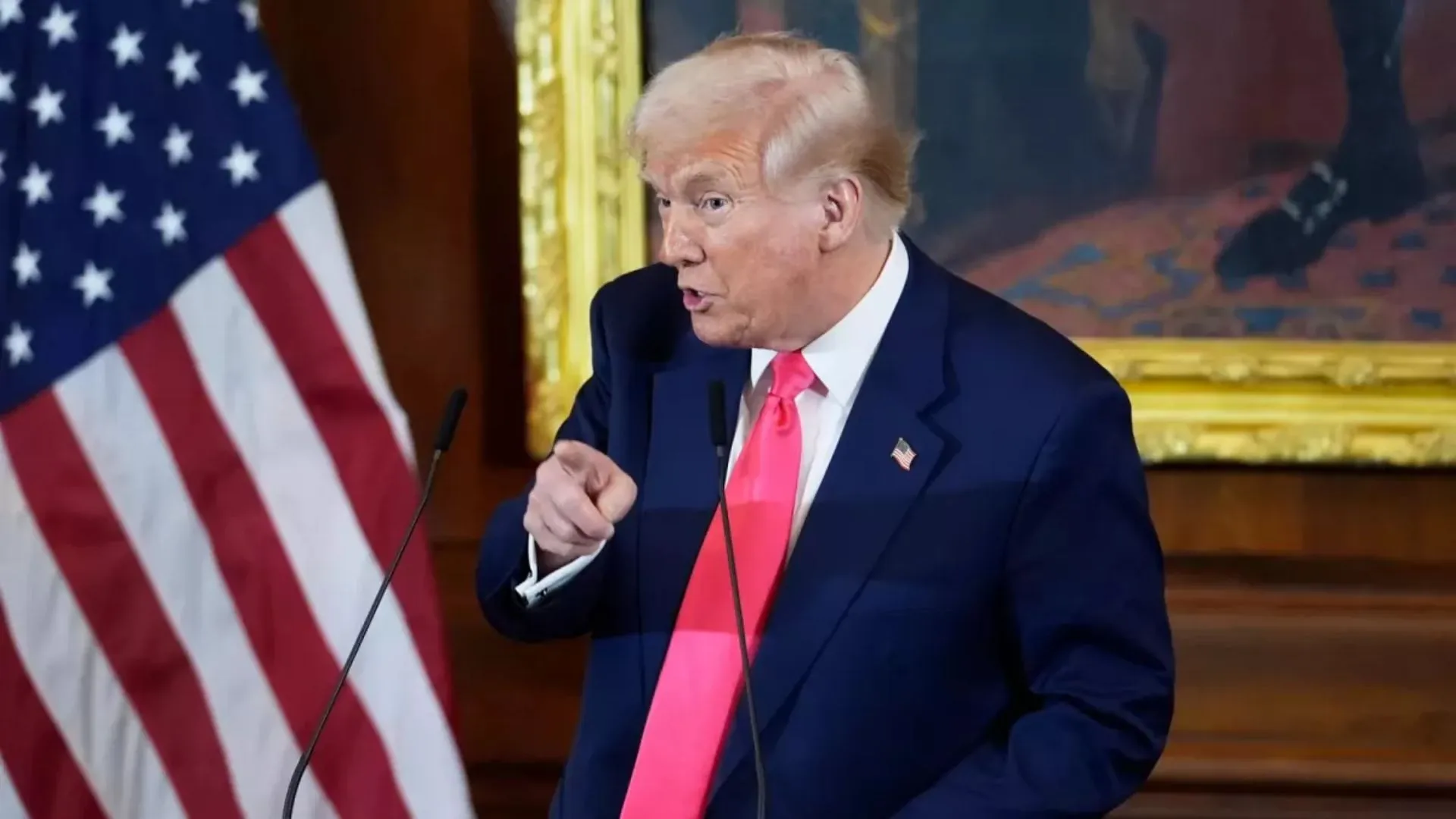Saudi Arabia announced on Monday that foreign investors will now be permitted to invest in Saudi-listed companies that own property in Mecca and Medina, Islam’s holiest cities. The move marks a significant step in the kingdom’s efforts to attract foreign capital and diversify its economy.
Boosting Investment and Market Competitiveness
The Saudi Capital Market Authority (CMA) outlined the objectives of the new policy in a statement. The decision “aims to stimulate investment, enhance the attractiveness and efficiency of the capital market, and strengthen its regional and international competitiveness while supporting the local economy,” the statement read.
The CMA clarified that foreign investment in real estate within the boundaries of Mecca and Medina will be restricted to shares of Saudi-listed companies, convertible debt instruments, or a combination of both. However, it emphasized that non-Saudi ownership cannot exceed 49 percent.
A Strategy to Diversify the Economy of Saudi Arabia
As the largest economy in the Middle East and the world’s leading crude oil exporter, Saudi Arabia has been pursuing an ambitious reform agenda to reduce its dependence on oil revenues. Central to this vision is a focus on tourism and investment, with Mecca and Medina playing pivotal roles in these plans.
Mecca, which already hosts millions of Muslim pilgrims annually, is undergoing significant development aimed at increasing the number of visitors to 30 million by 2030. A flagship project, Masar, financed by the kingdom’s Public Investment Fund (PIF), envisions 40,000 new hotel rooms in Mecca to accommodate the growing number of pilgrims.
In 2019, revenue from the Hajj and Umrah pilgrimages was estimated at $12 billion, underscoring the economic importance of these religious journeys.
Economic Challenges and Opportunities for Saudi Arabia
While foreign investment is being encouraged, the kingdom’s laws regarding access to the holy cities remain unchanged. Non-Muslims are prohibited from entering Mecca and Medina, maintaining the sanctity of these sites.
Despite its efforts to attract global investment, Saudi Arabia remains heavily reliant on oil revenues to finance its economic transformation. According to the International Monetary Fund (IMF), the kingdom needs oil prices to reach $96 per barrel to balance its budget—significantly higher than current global prices.
Additionally, Saudi Arabia has shifted its focus from overseas spending to domestic development. A report by research consultancy Global SWF revealed that the PIF’s spending dropped by 37 percent in 2024, falling from $31.6 billion in 2023 to $19.9 billion in 2024.
Investor Interest in Saudi Debt
While foreign investment in Saudi projects has been limited, international investors have shown robust interest in the kingdom’s debt instruments. Bloomberg reported that bids for a $12 billion bond issued by Saudi Arabia exceeded $30 billion. In 2024, the kingdom sold $17 billion in international bonds, second only to Romania among emerging markets.























